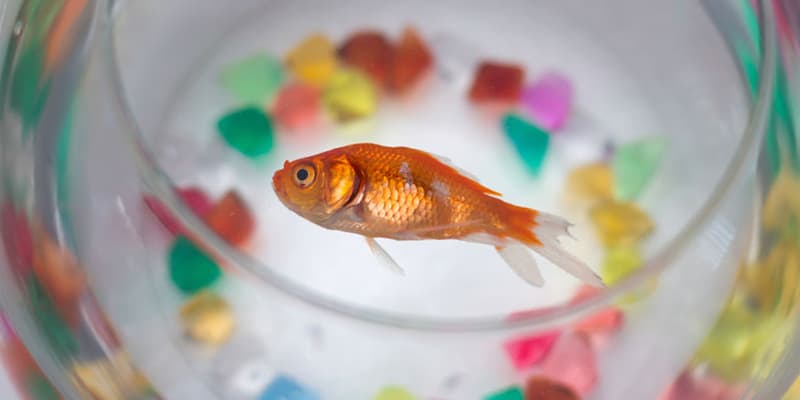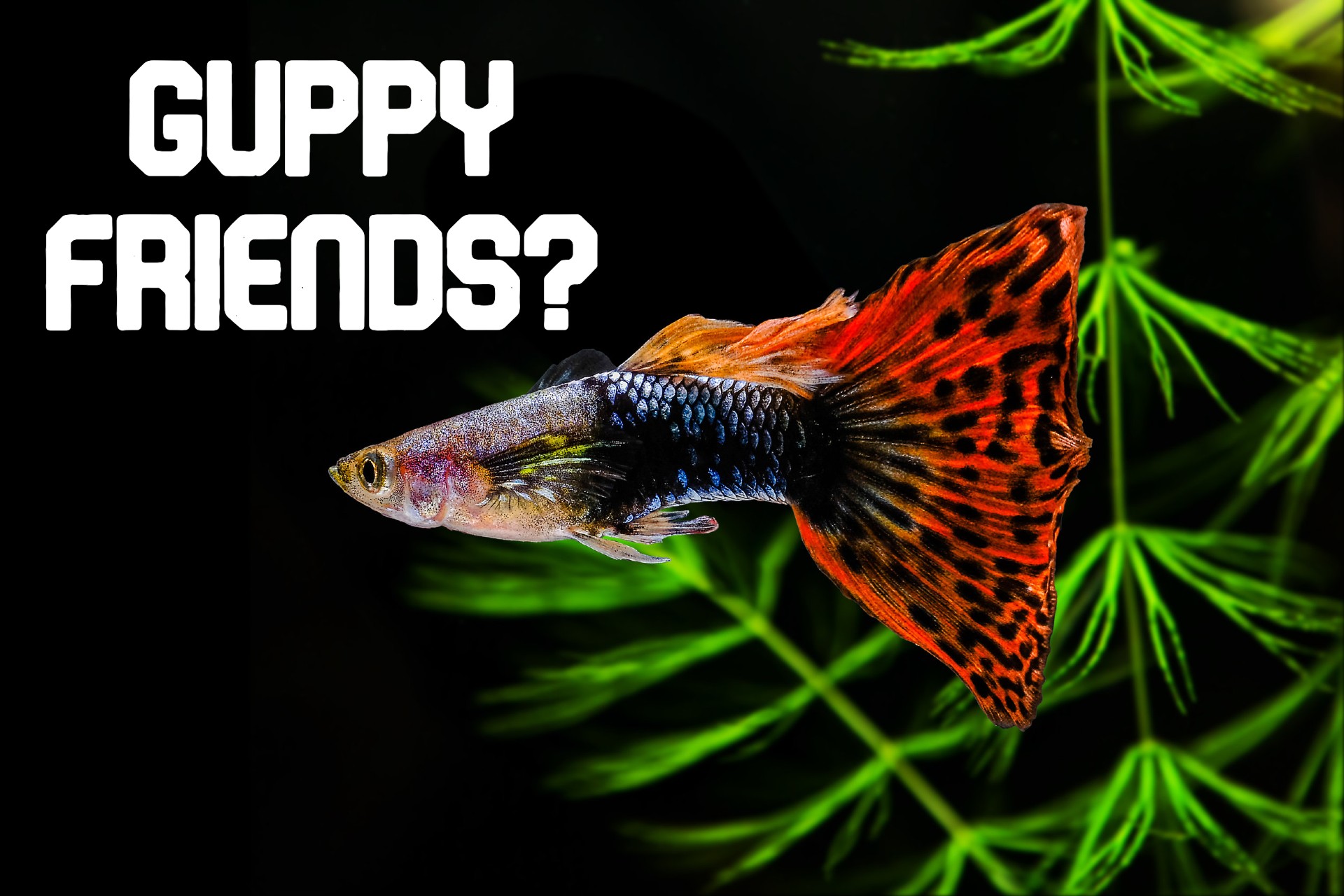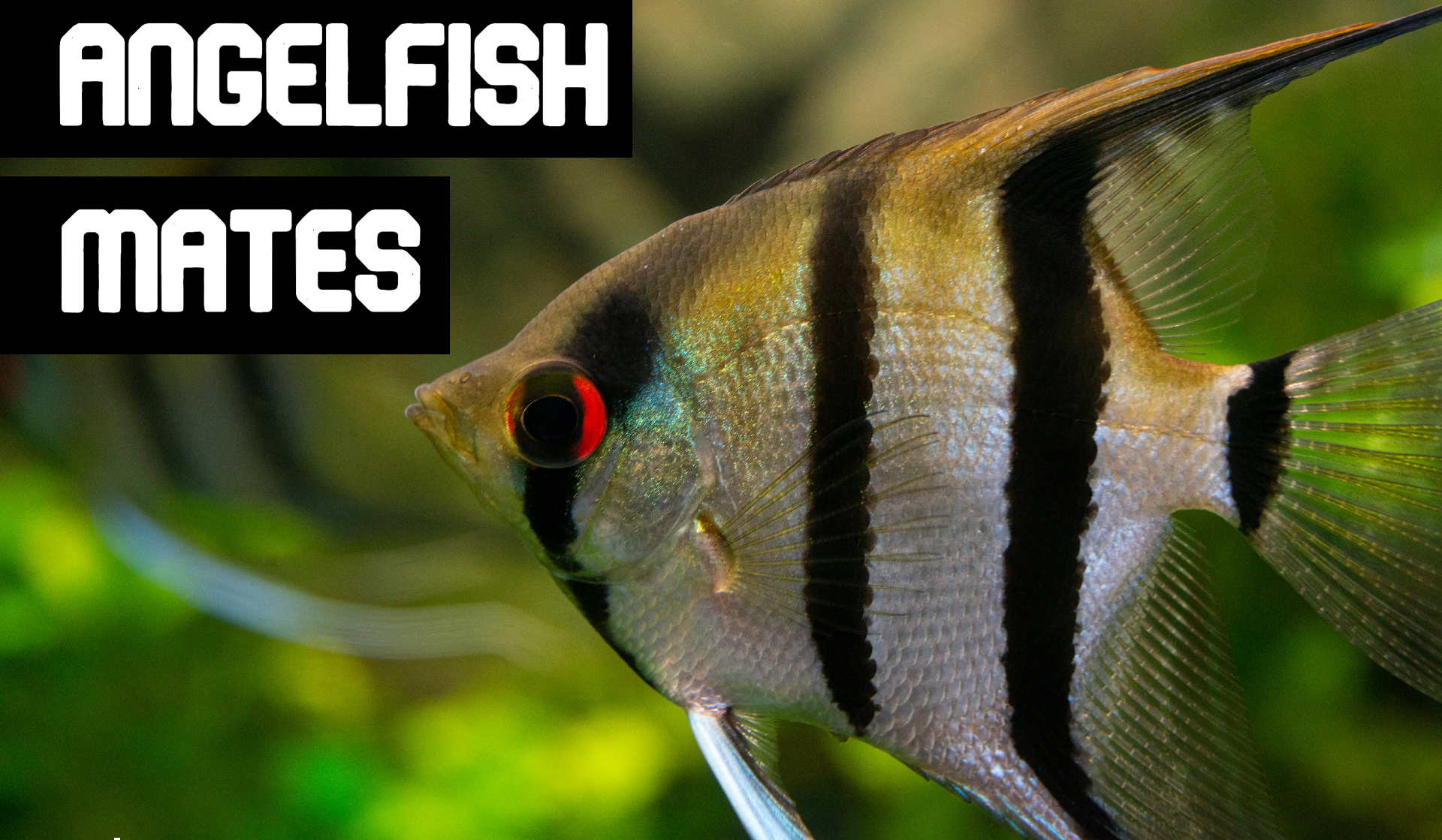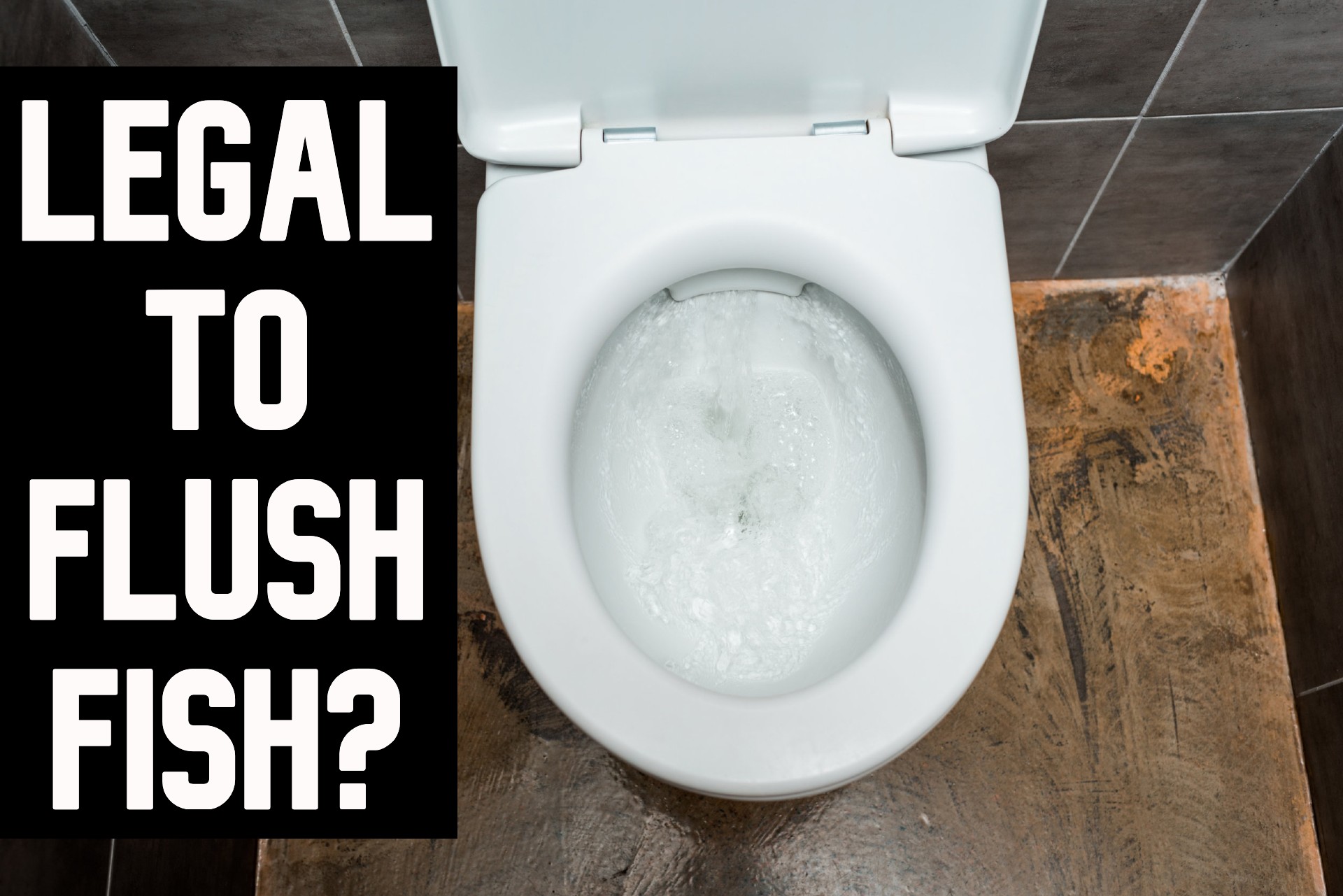It happens sooner or later to everyone who owns a fish tank—you walk over to feed the fish only to notice one of them is lying dead on the bottom, or floating lifelessly at the top of the water. Fish die for lots of reasons—old age, nippy or aggressive tank mates, water issues, etc. But what do you do when a fish dies in your tank?
Get that dead fish out of the tank pronto. If you leave the dead fish in the tank, it will decay in the tank and lead to an ammonia spike. Ammonia is highly toxic to your fish.
Where does the dead fish go?
If you’re like most people, you’ve probably been guilty of flushing a dead fish down the toilet before, but is that the best option? It’s certainly tempting, but you run the risk of clogging pipes and introducing fish diseases into the water supply.
So, what can you do? Probably the best thing to do is put the dead fish in a sealed plastic bag and then into the trash, or bury it in the yard if you’d like.
Check For Missing Fish
Now that you’ve safely removed the dead fish from your tank, it’s time to take stock.
Do a quick head, fin, or tail count for your remaining fish. Is everyone there? If not, look for places another dead fish might be hidden—inside tubes, stuck between the leaves or blades of thick plants, on/in filters, and underneath or inside decorations. The longer a fish sits rotting in a tank, the worse it is for your water quality and your other fish.
If you do find another dead fish, remove it from the tank right away.

Problem Solving
Now it’s time to play detective and find out what might have caused your fish to die. Even though it’s not much fun, this is a necessary step after any fish dies. You want to make sure there’s nothing in your tank-killing off your fish!
Again, it could have just been fishy old age or a pre-existing health issue, but it’s always good to run through a checklist to be sure you don’t lose any more fish!
Some common owner-caused culprits of fish deaths include:
- Poor water quality
- Wrong water temperature
- Overfeeding
- Incompatible tank mates
- Lack of hiding places/territories
- Wrong tank size
I take a closer look at how each of these factors could contribute to fish deaths in your tank, and what do for each one so you don’t lose any more fish.
Water Quality
Some fish act as early warning signs that your water quality isn’t what it should be. While most fish might be fine with fluctuations from time to time, these fish are sensitive to changes and will alert you (usually by getting sick or dying) before any of your other fish seem to notice that the water quality isn’t as good as it used to be.
A couple of these more sensitive species include Otocinclus catfish and Neon tetras.
What can you do?
Perform a water test. There are many types of testing kits available at your local fish store, and most of them only take a few minutes to give results.
If your water parameters aren’t quite what they should be, this is your chance to correct them before any other fish get sick or die.
Water Temperature
While this may seem obvious, it’s easy to overheat cool water fish or other inhabitants, like goldfish, or to keep tropical fish too cool!
If you have a community tank with species that have different temperature tolerances, you could end up putting some of your fish in a deadly situation. The chart below shows the temperature preferences of a few common aquarium fish.
| Fish Species | Optimal Temperature |
| Cichlid | 72-82˚ F |
| Hillstream loaches | 61-75˚ F |
| Plecostomus | 72-78˚ F |
| Goldfish | 64-75˚ F |
| Molly | 72-82˚ F |
| Discus | 82-88˚ F |
| Guppy | 72-82˚ F |
For instance, discus can tolerate water temperatures up to 88˚ Fahrenheit. With water that warm, it could cause the oxygen to be too low for hillstream loaches to thrive!
What can you do?
Make sure all your fish are happy within the same temperature range. If one of your fish is at the edge of everyone else’s comfort zone, try raising or lowering the temperature slightly to meet the needs of every fish in your tank.
In most cases, fish are able to tolerate temperatures outside of their comfort range but not forever. For example, goldfish in a pond can tolerate warmer temperatures during summer but if they’re kept in warm water year-round, they may show signs of stress and maybe even stop eating.
You’re feeding your fish too much
It can be easy to overestimate how much your fish should eat, and how often. If you see leftover food on the bottom of your tank or still floating on top of the water several minutes after feeding time, your fish are getting too much to eat.
Leftover food lowers the water quality as it decays in the tank, and water quality is a big contributor to fish deaths.
What can you do?
Start with a small amount of food, and see if your fish eat everything within a couple of minutes. If so, and they are still actively looking for food, put another small amount of food in the tank.
See how long it takes them to eat the new food, and note whether any food goes uneaten.
Try to keep track of how much you feed each day, so your fish get the same amount of food at each feeding. This will help keep them from getting too hungry between meals or having too much to eat.
Tank Mates
Housing aggressive or semi-aggressive fish with peaceful, community fish is a recipe for death. The more aggressive fish may harass and nip at other fish in the tank. This could stress your fish to the point of death.
In the worst-case scenario, the aggressive fish might actually try to eat your other fish!
What can you do?
Make sure the fish in your tank can be housed together, and if not, remove any fish that is acting aggressively toward the rest of your tank. Return any fish that’s incompatible to the fish store if necessary. Your other fish need to feel safe in their aquarium home!
Décor
You might be thinking, “But isn’t this really just for me to look at?” Sometimes it is, but a lot of fish need to have hiding places in order to feel safe and not be stressed, and décor offers them that opportunity.
Other fish are territorial and need objects in the tank they can call their own, like a stump or cave.
Plus, live plants and live rocks help with the nitrogen cycle in your tank and keep that water quality up to where you want it.
What can you do?
If you notice that your fish seem stressed, or they don’t have any place (or enough places) to swim away and hide, add a few items to your tank. The type of décor you add depends on the fish you have. Some prefer heavily planted tanks, while others would rather have a lightly planted tank.
Is Your Tank too Small?
Tank size ties in pretty closely to water quality, keeping too many fish in too small of a tank will cause you to have bad water quality. It’s just too much fish waste and food waste for your filter(s) and beneficial bacteria to handle.
Not only that, but your fish will feel stressed by being in such tight quarters, and some may even start acting aggressively toward other fish because they don’t have enough room to establish a territory for themselves.
What can you do?
If your tank is too small, buy a second tank if you can afford it to house some of your fish. If you need to, return some of the fish to your local fish store. It might seem kind of boring at first to have fewer fish in the tank if you’re used to seeing them everywhere, but you’ll be rewarded by having happy, healthy fish for years to come!
In Summary
While losing a fish is stressful, there are a lot of things you can do when a fish dies in your tank.
- Remove the dead fish right away
- Check your water parameters and fix anything that’s not right
- Check that the water temperature is right for your fish and change it if necessary
- Don’t over or underfeed your fish
- Make sure your fish are compatible and separate the ones that aren’t
- Add decorations if your fish need hiding places/territories
- Get the right size tank for your fish
Fish deaths are inevitable, but following these steps will keep them to a minimum!
Related Topics
If you like the article above, here are some other similar articles you should check out!




